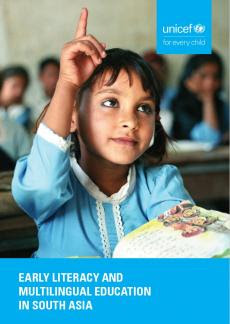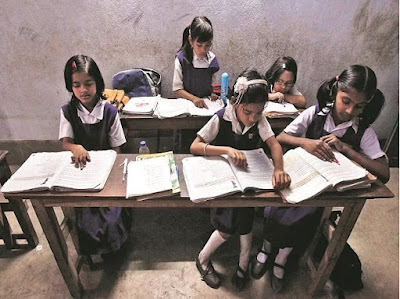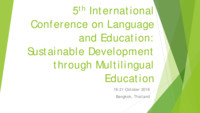World Sign Language Day - A call for recognition
Good to note that there is an International Day of Sign Languages! Sign languages are vital for the large deaf communities in the country and need recognition. Even last week I was in a meeting where I again heard about tens of thousands of deaf children who grow up without language as nobody teaches them how to sign. Recognition of this problem is very much needed and so is literacy for the deaf. On World Sign Language day on the 23th of September, Hindustan Times reported that disability rights activists and members of the Deaf Association in Pune spoke about the fact that students who are hearing impaired often have limited study options. This meeting focused particularly on the opportunities for higher studies as many universities do not offer courses in sign language. However, as shown in his beautiful Oscar-winning short film, The Silent Child : many deaf children around the globe, even at the primary level, are excluded from education. Definition There are many misconcept...









